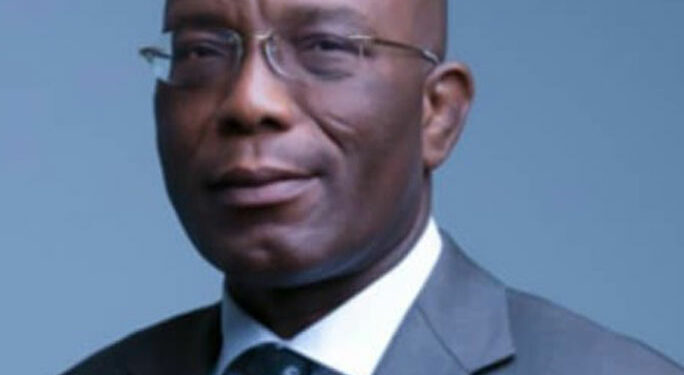A former Chief Executive Officer of the National Pensions Regulatory Authority (NPRA), Dr. Daniel Seddoh, has strongly criticized the Attorney-General’s decision to abandon the prosecution of Dr. Kwabena Duffuor and seven others in the uniBank collapse case based on a 60% recovery of losses.
Speaking in reaction to the announcement, Dr. Seddoh questioned the rationale for using a partial recovery as the threshold for dropping charges in what he described as one of the most serious financial crises in Ghana’s recent history.
“I wasn’t surprised, because this case took us between seven to eight years,” he said. “We all know that we have a legal system that is very slow and very painful. We’ve lost lives because of this whole thing. Some people will tell you it’s better than nothing, but I have deeper questions to ask.”
The Attorney-General announced earlier this week that the state had recovered 60% of the funds lost in the collapse of uniBank, prompting a decision to drop criminal charges against Dr. Duffuor, a former Finance Minister, and his co-accused. The AG argued that this was in the interest of judicial economy and recovery of state resources.
However, Dr. Seddoh contends that the decision undermines the integrity of the financial system and leaves unanswered questions about accountability and the fate of the remaining 40% of depositors’ funds.
“Let’s appreciate the fact that banks have no money of their own. They leverage on depositors’ and other people’s money to work,” he explained. “If you take a typical bank, the money the owners put in is very small compared to what they get from other sources—largely depositors, which very often they get at no cost. The depositors put money in the bank with the understanding that it is a relationship of trust between them and the bank.”
Dr. Seddoh lamented the breakdown of this trust during the financial sector crisis and the failure of the system to protect depositors, many of whom were unable to access their funds for extended periods.
“What has happened has created a situation where the depositors could not get their money, and there was nobody to come to the air rescue,” he said.
He warned that adopting recovery percentages as a benchmark for justice risks creating a dangerous precedent where financial malfeasance is tolerated if partial reparations are made.
“When you take 60% and you can get 40%, who is going to finance that 40%? Because ultimately, the money belongs to depositors,” he said. “So who is going to finance that?”
The collapse of uniBank was part of a broader banking sector cleanup initiated by the Bank of Ghana between 2017 and 2019, which led to the revocation of licenses of several financial institutions. While the state has made efforts to recover lost funds through asset seizures and legal action, the process has been long, painful, and controversial.

